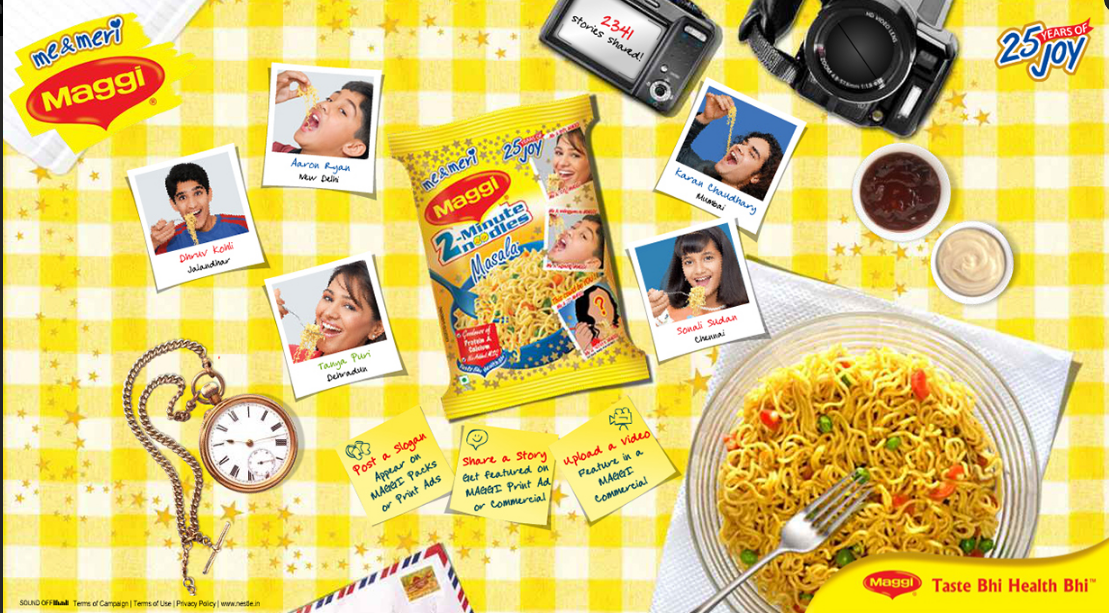i don&rsquot make a habit of walking up to complete strangers in grocery stores and sparking up conversations, but earlier today there was a woman filling up a giant jar with olive oil at rainbow grocery, our local food cooperative, and i just had to ask her something.clearly the bottle had been filled before it looked slightly sticky, and based on the other items in her shopping basket, i quickly surmised that this woman was a seasoned byocer bringyourowncontainer.she was in the bulk food section, where shoppers fill reusable containers from home with various edibles everything from cooking oil, honey, and granola to peanut butter, coffee, spices, flours and grains.&ldquoi don&rsquot mean to bother you, but i see that you&rsquore filling up that bottle with olive oil, and i&rsquom wondering if i can ask you something,&rdquo i said to her.&ldquooh, hmm, sure,&rdquo she startled back.then my question &ldquodo you think it&rsquos possible to have a zeropackaging grocery store&rdquoand with that, our conversation began, while the olive oil slowly dispensed.i explained that i was working on an article about a &ldquozerowaste&rdquo supermarket in berlin that got rid of all its food packaging. i wanted to know whether she thought it was possible for such a market to succeed today.the market is called original unverpackt &ldquooriginal unpackaged&rdquo, and unlike typical grocery stores, it offers no disposable packagedproducts. rather, it dispenses its 350some food products out of containers from which shoppers fill their own reusable containers.to my question, judith, a young 70something, was quick to reply &ldquoyes,&rdquo but after talking through her answer a bit, she seemed to veer more towards, &ldquoit depends.&rdquoshe continued filling the giant jar while we chatted. the olive oil flowed in a trickle.we both agreed, the idea had its merits.during our conversation, judith figured out that there are certain products she is and isn&rsquot comfortable buying unpackaged &mdash it has to do with two factors, she decided &mdash freshness and trust.judith has been shopping at rainbow grocery, a workerowned grocery cooperative in san francisco, since 1977. she brings her containers from home to fill up on certain products, because she trusts the labels on rainbow&rsquos products. she believes that rainbow is hygienic and that the products she&rsquos buying are fresh and thus, healthy to consume.to the question of the hour, judith shares, &ldquoi think it&rsquos realistic to have a packagingfree grocery store, but not universally realistic, because i wouldn&rsquot trust every grocery store.&rdquoduring her time in a small village in europe, judith was comfortable buying food sold sans packaging, including cheese, fish and poultry, because she knew it was fresh and local.at rainbow she knows where the products come from, thanks to clear labeling instore. she buys all of her pasta, oils, nuts, olives, and most recently, honey, all without packaging.judith admits something else that is rarely spoken out loud but my guess is, a significant amount of people behave similarly &mdash she chooses to take some products home in disposable bags specifically so she can use the bags on walks to clean up after her pets. luckily, the ones at rainbow are compostable.back to berlin, sara wolf and milena glimbovski from original unpackaged worked closely with health authorities while developing their store concept. here they are talking about their storethe idea of a packagingfree store has been tried before, with lessthanstellar results. treehugger explainsin london in 2007 a group of intrepid ecoconscious entrepreneurs tried to create a supermarket where packaging was at a minimum. the unpackaged store inspired lots of londoners, but in spite of the massive press, unpackaged couldn&rsquot make it. in austin, a grocery store called in.gredients also eschews packaging, and though tiny 1,300 square feet, the store is currently thriving &mdash the owners told entrepreneur they get twice the customers they expected but those customers tend to buy half what the business model predicted.a packagingfree supermarket in concept sounds great, but for better or worse, attempts at the store concept thus far seem focused on organic, higherpriced items, which cuts out budgetconscious shoppers.to be clear packagingfree grocery stores like original unverpackt will never be 100 packagingfree.let me explain. my first job out of college was at a whole foods, so i&rsquove gotten a behindthescenes taste of how things work in a grocery store. in the bulk section, there were and still are big food dispensers where customers fill up from, but food is not funneled into them from some master pipeline stemming from the food source. no, employees fill those bins from large boxes or bags or other containers that are shipped in by the pallet.what i&rsquom getting at here is that there&rsquos still packaging involved in the process of getting food from source to your plate, whether the customer sees it or not.this certainly does not negate the fact that there&rsquos way too much packaging in today&rsquos food industry, and wherever packaging can be minimized can only serve to help the environment. it seems logical to assume that the farther food travels to get to your plate the more packaging is required to keep it safe, clean, fresh. chalk it up to one more reason to buy local food.is it even legal in the u.s. to sell food without packaging absolutely, just look to the bulk food sections of your local food coop or whole foods, though of course stringent labeling laws still apply.it&rsquos interesting how reusable grocery bags garner so much attention, like california&rsquos recent ban on plastic bags. but for every 1 grocery bag, say there are 10 products inside. what about the packaging of those products that&rsquos a lot more potential waste to consider when looking out for the best interest of our environment.in a time when all signs point to &lsquoless is more&rsquo, new landfillclogging products continue to enter the market. when will people learn all of the stuff that we humans create, consume and dispose of has to end up somewhere, in the end. there is no magic vortex that sucks it all away. simply put there is no such thing as throwing it &lsquoaway.&rsquoas treehugger points out, &ldquoconvenience is still king in our approach to life and to shopping. but there&rsquos one inconvenient fact &mdash even if we have enough landfills for generations, our oceans are filling up and dying due to our penchant for singleuse plastic packaging.&rdquoperhaps one of the worst examples of excessive packaging lately are kcups, those singlebrew, singleserving coffee packs known for their convenience. kcup&rsquos multilayer structure makes them unrecyclable. in 2013 alone, enough kcups were used to circle the earth ten and a half times, so last year care2 listed 5 reasons kcups aren&rsquot okay for the environment.it&rsquos clear when it comes to food packaging which direction we should be heading in away from disposable products like kcups and towards stores like original unverpackt.whether original unverpackt is able to stay afloat or not, wolf and glimbovski are right about one thing &ndash their project will send a signal to the food industry that different ways of operating are possible, even if there are still kinks to work out.given the current state of our worldwide environment, i would add, necessary.what do you think is a zerowaste supermarket possible in this day age share your views in the comments.






